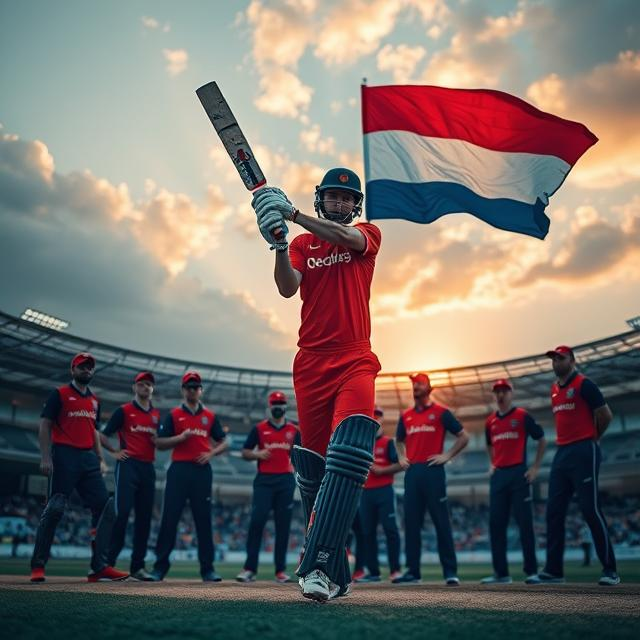Shoaib Malik: Bookie in Pakistan Cricket – A Complex and Controversial Figure

Shoaib Malik: Bookie in Pakistan Cricket – A Complex and Controversial Figure
The name Shoaib Malik, a prominent figure in Pakistani cricket, has become intertwined with whispers of involvement in the world of bookmaking. This article delves into the allegations against him, exploring the complex relationship between cricket, betting, and the murky underbelly of the sports industry in Pakistan. We will examine the potential implications for the sport and the individuals involved, emphasizing the importance of transparency and ethical conduct in professional sports.
Shoaib Malik, a former Pakistani cricketer, has had a storied career, and his name is deeply embedded in the cricketing history of Pakistan. Yet, a persistent shadow of controversy has followed him – suggestions that he might have been involved in bookmaking activities in the country’s high-stakes cricket betting scene.
The Intricate Web of Cricket Betting in Pakistan
Pakistan’s cricket scene, while vibrant and passionate, is not immune to the allure of high-stakes betting. The industry, with its complex web of agents, bookmakers, and players, often operates in a gray area, blurring the lines between acceptable wagering and illicit activities. Understanding this environment is crucial for grasping the context surrounding allegations against players like Shoaib Malik.
A key aspect of this environment is the often-unregulated nature of many betting operations. This lack of oversight creates a breeding ground for fraudulent activities and allows for potentially corrupt dealings within the sport. It’s a concern not only for Pakistan cricket but for many other sports around the world facing similar issues.
This makes the potential involvement of individuals like Shoaib Malik all the more significant. Their positions within the sport provide leverage and the potential to influence outcomes, either directly or indirectly, making it vital that any allegations are thoroughly investigated.
Examining the Allegations Against Shoaib Malik
The allegations against Shoaib Malik are complex and, in many instances, remain unsubstantiated. It’s important to stress that these are simply allegations, not proven facts. They stem from various sources, including reports, rumors, and in some cases, anecdotal evidence. These claims often surface on online platforms and through discussions in various sporting forums.
It’s crucial to remember that accusations alone don’t constitute proof. There’s a significant difference between speculation and verifiable evidence.
Nevertheless, the persistent nature of these allegations demands careful consideration. The mere implication of such practices has the potential to undermine the integrity of the sport, affecting not only the players but also the fans and the entire sporting ecosystem in Pakistan. The financial implications of betting on sports, both legal and illegal, should not be underestimated.
One must examine the potential impacts on the players involved, as allegations and controversies can drastically affect their careers and reputation. The financial gains or potential losses related to these activities can motivate individuals to participate in such endeavors.
Also, there are concerns about the impact on fan trust and the broader image of Pakistan cricket. The perception of corruption within the sport could deter fans and potentially damage its global reputation.
The Role of Cricket Boards and Governing Bodies
The role of cricket boards and governing bodies, like the PCB (Pakistan Cricket Board), becomes crucial in addressing these allegations. Their responsibility includes implementing strict regulations, robust anti-corruption measures, and ensuring transparent investigations into any potential breaches of ethics. The necessity for transparent investigations and thorough reporting should be emphasized.
Implementing effective anti-corruption protocols within Pakistan cricket is vital for deterring future incidents and for maintaining the integrity of the sport. The long-term implications for the growth and development of cricket within the country, as well as its international image, hinge upon these measures.
The Importance of Ethical Conduct in Sports
Beyond the specifics of Shoaib Malik and the allegations against him, this case underscores the broader importance of upholding ethical conduct in professional sports. It highlights the significant role of maintaining trust among players, fans, and the entire sporting community.
Sportsmanship, fair play, and respect for the rules of the game are fundamental principles that should guide all participants. Maintaining integrity is crucial, both on and off the field, for the long-term health and success of the sport.
This extends beyond just professional athletes; it applies to all those involved, including coaches, administrators, and fans. Creating an environment that values these ethical principles is crucial for the continued growth and development of sports globally.
Conclusion
The story of Shoaib Malik and the allegations surrounding his involvement in the Pakistani cricket betting scene is complex and multifaceted. While allegations remain allegations, the potential implications for the integrity of the sport are significant. The importance of rigorous investigation and transparent actions by governing bodies, combined with stricter regulations and enhanced anti-corruption measures, are vital.
In a sport that relies on fair play and trust, the issue of potential betting involvement needs to be addressed proactively. Only then can the future of Pakistan cricket remain bright and free from the shadow of controversy.
This investigation into the allegations against Shoaib Malik aims to inform and engage readers in a complex debate regarding ethical conduct, transparency, and the ongoing battle against corruption in sports.
This article aims to provide context and facilitate discussion rather than provide definitive conclusions. The need for independent investigation and thorough reporting remains paramount.